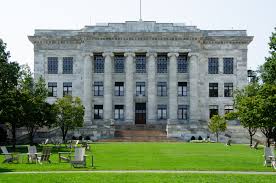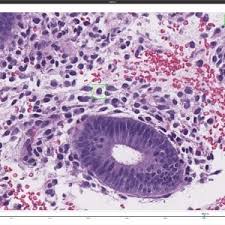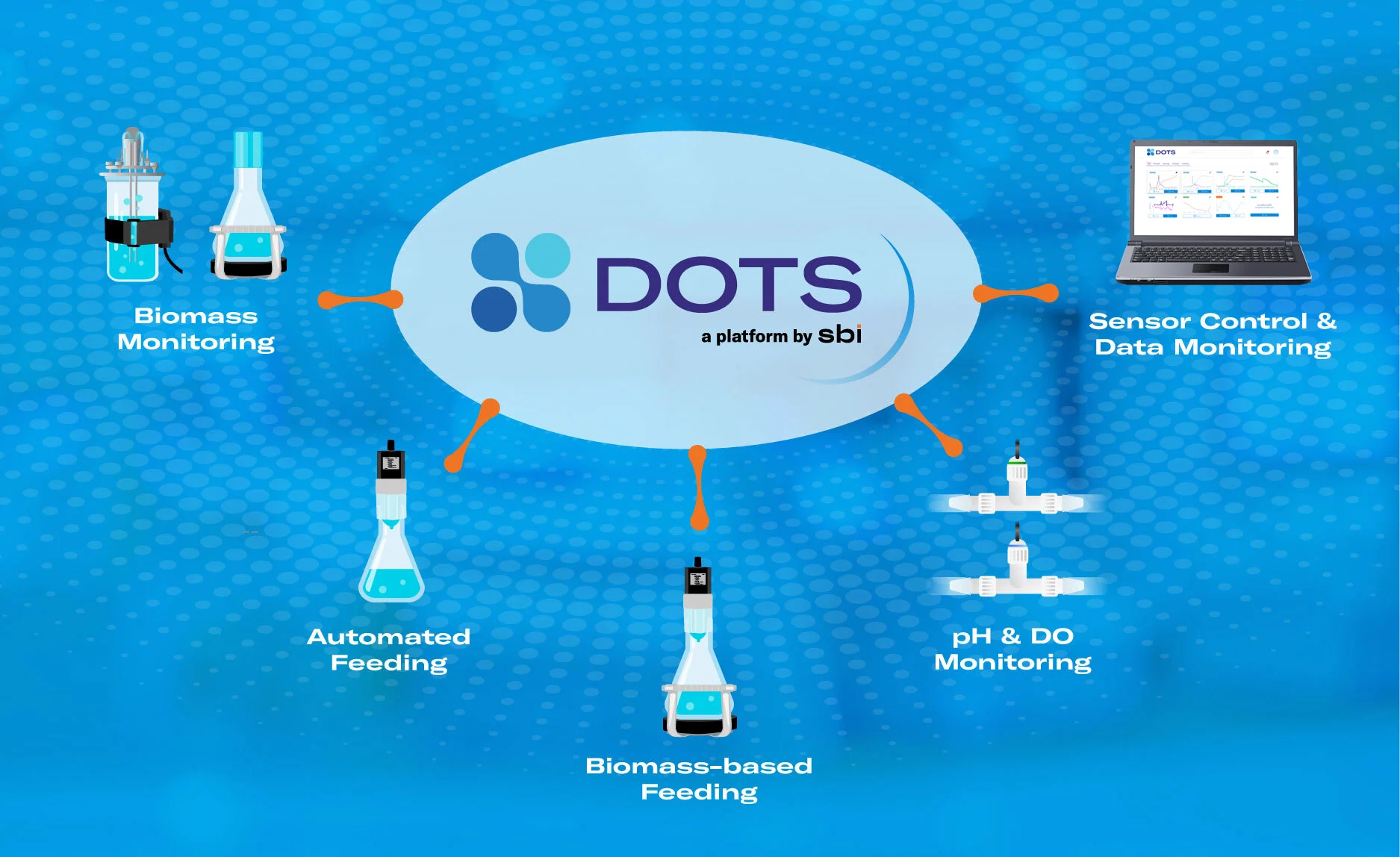The National Institutes of Health (NIH) have granted funding to six researchers from Yale University for their outstanding and innovative work that has the potential to significantly impact biomedical science.
The Yale recipients include Salil Garg, Diyendo Massilani, Wan-Ling Tseng, Sedona Murphy, Julien Berro, and Xiaolei Su, who are among 67 individuals recognized by NIH’s High-Risk, High-Reward (HRHR) Research program. This program supports visionary and impactful research in the behavioral and biomedical fields.
Salil Garg, an assistant professor in laboratory medicine, Diyendo Massilani, an assistant professor in genetics, and Wan-Ling Tseng, an assistant professor at the Child Study Center, received New Innovator Awards. These awards recognize early-career researchers who are within 10 years of their final degree or clinical residency and have not yet secured a major NIH grant.
Sedona Murphy, an associate research scientist in cell biology, received an Early Independence Award. This award allows researchers who have recently completed their doctoral training to bypass the traditional postdoctoral phase and start independent research careers.
Julien Berro, an associate professor of cell biology and molecular biophysics, and Xiaolei Su, also an associate professor of cell biology, were awarded Transformative Research Awards for their collaborative project with Jonathan A. Green from Boston University. This grant supports interdisciplinary research that has the potential to challenge existing paradigms.
The NIH Common Fund, alongside three other NIH institutes, centers, and offices, has allocated approximately $207 million to these 67 research grants.
“The HRHR program fosters bold and innovative science that advances biomedical and behavioral research,” stated Tara A. Schwetz, NIH’s deputy director for program coordination, planning, and strategic initiatives. “The groundbreaking research pursued by these scientists is expected to have a wide-ranging impact on human health.”
Salil Garg’s research focuses on non-genetic heterogeneity, investigating how cell systems with a single genotype can exhibit diverse states and functions. His lab employs interdisciplinary methods, integrating genomics, molecular biology, and machine learning to explore cell differences under uniform conditions, with a current focus on stem cells and cancer.
Diyendo Massilani, who joined Yale’s Department of Genetics in July 2022, studies the evolutionary history of human populations using ancient DNA. His lab aims to retrieve and sequence DNA from archaeological materials to explore human migration, health history, and adaptations to various environments.
Wan-Ling Tseng investigates brain mechanisms associated with irritability and aggression in children and adolescents, seeking to understand how these behaviors change over time. Her research encompasses neural circuits, physiological factors, social experiences, and environmental influences throughout development.
Sedona Murphy researches the interaction between epigenetic memory and 3D genome organization during development, utilizing advanced super-resolution microscopy techniques.
Julien Berro, affiliated with the Yale Nanobiology Institute, combines experimental and computational methods to investigate the mechanisms of cellular forces, focusing on the actin cytoskeleton and endocytosis. His lab is developing synthetic tools for mechano-transduction to aid discovery and therapeutic development.
Xialolei Su examines transmembrane receptor signaling in immune responses, particularly biomolecular condensation. His lab integrates biochemical, microscopy, and cell engineering approaches to tackle fundamental questions in immune cell biology and advance next-generation cell therapies for cancer.





















0 Comments